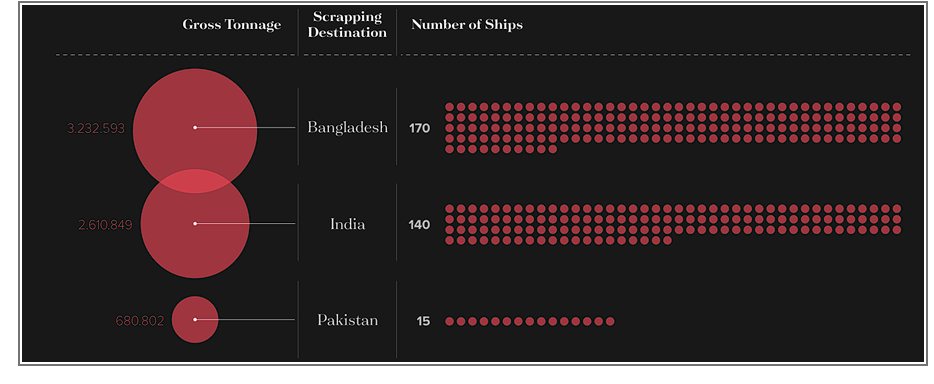Radical changes are reshaping how Greece’s tax offices, customs, and auditing
Radical changes are reshaping how Greece’s tax offices, customs, and auditing authorities are operating in the country in their efforts to target tax evasion, such as through digital client registries, through the cross-checking of income, bank deposits, and real estate assets, and 72,400 sweeping annual inspections for receipt issuance, VAT payments, and property transfers.
Understandably, both citizens and businesses are now questioning: Where is Greece’s tax authority headed and how will these new, all-encompassing financial audits shape economic activity in the country going forward?
Stronger Safeguards Against Tax Evasion
There is no doubt that the integration of technology and artificial intelligence is transforming tax enforcement, making safeguards for public revenue and tax compliance significantly more effective. The Independent Authority for Public Revenue (AADE) has strengthened its control mechanisms to the extent that anyone attempting tax fraud is far more likely to be detected.
However, a key factor that must be considered is Greece’s high tax rates. Historically, the higher the tax rates—whether on income or VAT—the greater the incentive for tax evasion. Now that the state is increasing revenues by identifying and curbing tax avoidance, a logical next step would be a corresponding reduction in tax
Content Original Link:
Read Full article form Original Source OIKONOMIKOS TAXYDROMOS
" target="_blank">Read Full article form Original Source OIKONOMIKOS TAXYDROMOS




























































